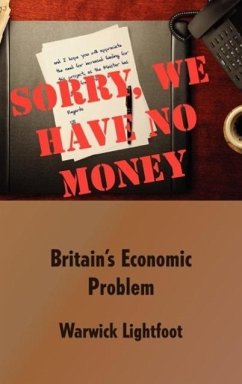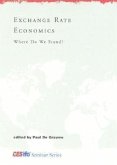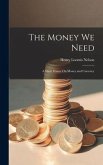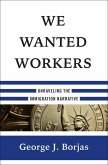In May 2010 the incoming UK Coalition Treasury Secretary was greeted by a light-hearted note from his predecessor, stating 'there is no money.' This message was relayed more seriously to the country that indeed 'we have no money' - a warning of the difficulties to come. A prime challenge to be faced is how to reduce public spending in relation to national income, while achieving a balance between a public sector that provides services that people need and also supports the functioning of a private sector that can finance a generous welfare state. Warwick Lightfoot uses his experience in government and economics to analyse the background to the current situation and sets out the potential for reform in the public sector. He shows that a large public sector can yield significant social and economic benefits, ultimately a wealthier economy with higher living standards and an economy better placed to meet the challenges of an older community in a more competitive world. "This book is a timely reminder of how little the UK's problems have to do with individual bank failures, recession and the business cycle. Warwick Lightfoot provides a clear and balanced account of the last few decades' dilemmas, controversies and policy choices; and argues convincingly that we should revisit the analysts and analyses of the 1970s as a guide to future action." Alison Wolf, Sir Roy Griffiths Professor of Public Sector Management, King's College London "All main party politicians are signed up to Mr Lightfoot's direction of travel; they should look to this book to understand why it might be a good idea to cut public spending." John Redwood MP, Chairman of the Conservative Economic Affairs Committee "A very timely book with a wide perspective and good argument." Professor Peter Sinclair, University of Birmingham "The historical causes and possible consequences of Britain's large public sector are the focus of Sorry We Have No Money. The arguments made by Warwick Lightfoot are provocative and well worth reading." Dr Graham Brownlow, Queen's University Belfast
Hinweis: Dieser Artikel kann nur an eine deutsche Lieferadresse ausgeliefert werden.
Hinweis: Dieser Artikel kann nur an eine deutsche Lieferadresse ausgeliefert werden.








